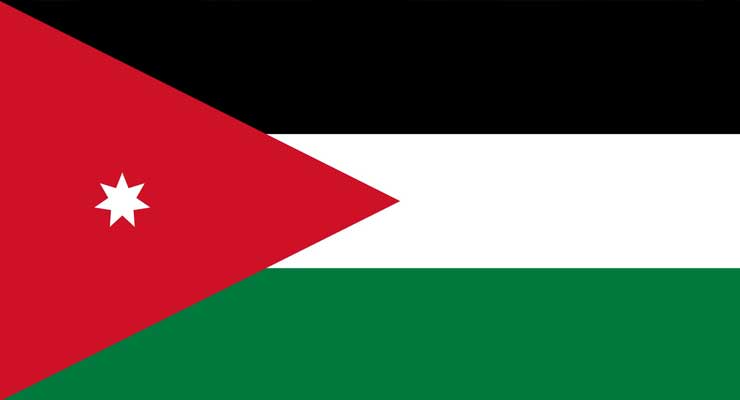
As authoritarian governments around the world continue to gain steam and influence following several failed recent uprisings, the monarch of Jordan has been increasing its crackdown on dissidents and opposition forces over the last year, and with increasing efficiency in 2019.
The crackdown in Jordan began in mid-March 2019 and has targeted, anti-corruption and political activists who are trying to bring some relief to a country where authorities seem to be getting a stronger grip on power and restricting freedom of speech. The targets of the crackdown include the Hirak Shababi movement also known as the youth movement, which is responsible for the 2018 protests throughout the country and opposition journalists who criticize the royal family.
Charges against activist currently in jail range from “lengthening the tongue against the king” (speaking out against the king) and to charges like “undermining the political regime.,
According to the latest reports available, over a dozen activists have been arrested by the regime since mid-March and have been kept in prisons throughout the country. Over half of them have started hunger strikes to protest their imprisonment.
One of the activists, a 31-year-old Jordanian named Sabri al-Masa’leh has been in prison since March and started a hunger strike. Masa’leh was arrested for posting about the king on Facebook and referencing to him by name directly. After six-trials, he was convicted on April 30th, and was sentenced to two years in prison but was later reduced to one year. His family claims that requests to speak to his interrogators from the electronic crimes unit that was leading the investigation into him were denied.
A second of those imprisoned by the government is a 33-year-old activist, Ahmed Tabanja. He’s been in jail since March 29 and has had multiple charges brought against him, including posting insulting posts against the king on Facebook and also broadcasting protest on Facebook Live. He was imprisoned until the end of May, when he was released on May 29
“Jordanian’s government cannot stamp out citizens’ discontent with their government through arrest and harassment,” said Michael Page (Human Rights Watch Middle East Director.).
Additional activists who are being held by the government include, 33-year-old activist Ahmed al-Neimat, 40-year-old activist Taha Daqameh, and Abdullah Wreikat, a 45-year-old activist. All three were accused of insulting the king online and Wreikat was sentenced by a court in late April to a year in jail. Other charges against additional activist include “undermining the political regime,” aka starting and leading protest against economic policies, and promoting protest against the regime.
Unlike most middle eastern countries, Jordan’s constitution guarantees freedom of expression. According to section 19 of the Jordanian constitution, which states, “freedom to seek, receive, and impart information and ideas of all kinds, regardless of frontiers either orally or in print, in the form of art, or through any of the media of his choice.”
The Jordanian constitution also states, in Chapter two, Article seven, “Personal Freedom shall be Guaranteed”, and in Article eight, “No person shall be detained or imprisoned except in accordance with the provisions of law.”
The crackdown comes at a time when Jordanian activists started protests over economic conditions in 2018 but fizzled out into 2019. That has been a recurring theme in 2019 as many attempts at protests against undemocratic regimes throughout the world have been violently crushed by governments – Venezuela and Hong Kong come to mind.
Leave a Reply